Only a little more than two years have passed when Ladakh released its Vision-2050 proclamation, which places a strong emphasis on carbon-neutrality. The reduction of carbon emissions, the development of clean energy, the creation of a green and sustainable public transportation system, and connectivity via all-weather highways are some of the major areas of attention. The “Electric Vehicle and Allied Infrastructure Policy 2022” for Ladakh, also known as Ladakh Electric Vehicle Policy which was announced on August 17, 2022, will be in effect for the next five years, from August 16, 2027, and will be implemented through end-user demand incentives, the construction of a network of EV charging stations, and management of the scheme.
Ladakh EV Policy
An official spokesman announced on Saturday that the Union Territory of Ladakh has implemented a brand-new electrical vehicle policy with subsidies to encourage the locals to buy e-automobiles and build a future free of carbon emissions. The Ladakh Electric Vehicle and Allied Infrastructure Policy seeks to transform the UT into a national leader in the adoption of electric vehicles and seeks to foster and domesticate an EV ecosystem, according to the spokesman.
-
-
-
-
Allied Infrastructure Subsidy
The Ladakh Electric Vehicle Policy opening sentence states that it aims to “promote sustainable mobility in Ladakh by launching the sale and use of EVs” as well as to support EV technology research, innovation, and talent development. It intends to facilitate the quick adoption of EVs in all new household and commercial vehicle registrations and to advance electric mobility in fleets used by the government and for public transportation. Road taxes are no longer required to be paid for any electric vehicles.
| Vehicle Segment | Ladakh EV Subsidies (Whichever is lower) | Maximum ex-showroom Price to avail |
| Two-Wheeler | 10% of ex-showroom Price or Rs 15,000 | 150,000 |
| 3-Wheeler/e-rikshaw/e-cart | 10% of ex-showroom Price or Rs 30,000 | 300,000 |
| Three-Wheeler | 10% of ex-showroom Price or Rs 50,000 | 500,000 |
| Passenger Vehicle (Car) | 10% of ex-showroom Price or Rs 2,50,000 | 2,50,00,00 |
| Bus | 25% of ex-showroom Price or Rs 50,00,000 | 2,00,00,000 |
| LCV/ Maxi-cab | 10% of ex-showroom Price or Rs 3,00,000 | 30,00,000 |
The Ladakh EV Policy provides a 10% capital Ladakh EV Subsidies for the purchase of electric two-, three-, and four-wheelers and a 25% capital subsidy for commercial vehicles (see data table above).
In order to encourage greater adoption, the demand incentive is given to EV consumers in the form of an upfront purchase price reduction that will be reimbursed to the car dealer by the UT. The Ladakh EV Policy states that if an electric vehicle (EV) is purchased (at 100% ex-showroom price) from a dealer located in another state or UT but is registered and utilized in Ladakh, the beneficiary will receive the reimbursement rather than the dealer.

Incentives for EV Charging Facilities
The Ladakh Electric Vehicle Policy in Ladakh provides incentives for EV charging stations as well. While the electricity needed to charge EVs will be priced domestically, common public charging stations can be set up in the parking lots of homes, businesses, and institutions. Additionally, subject to qualifying ratings for the charging station location and infrastructure, as well as fire and safety norms, public EV charging stations at petrol pumps may be installed.
For the first 15 EV charging stations, commercial public EV charging stations for two-wheelers, vehicles, and buses would be eligible for a capital Ladakh EV Subsidies of 25% on equipment/machinery or Rs 500,000 (whichever is less) per station.
In the future, the UT may provide incentives for the use of EVs in commercial operations by exempting or reducing the net UT-GST for leasing and owning an electric fleet, as well as the permit fee requirement for operating a transport vehicle. Furthermore, once the EV regulation is completely implemented, it might encourage the operation of battery swapping facilities in the future.
Ladakh EV Policy will work to mandate the development of charging infrastructure at all newly developed housing societies, office complexes, shopping arcades/malls, market places, hotels, and guesthouses, similar to many other states that have implemented EV policies to increase demand for electric mobility. Additionally, it intends to lower parking fees and reserve 10% of designated parking places for electric vehicles.
This is all you need to know about Ladakh EV Policy 2022, visit this page more often for more updates
| Homepage | EV Cars |

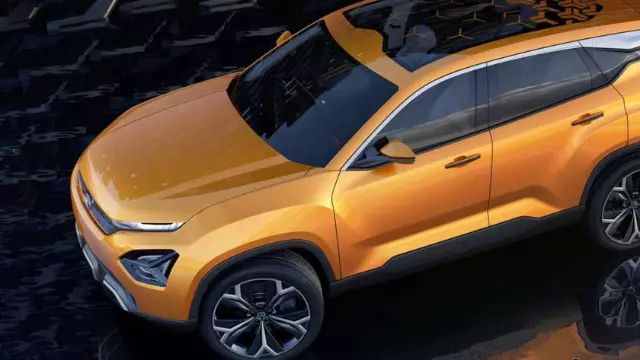
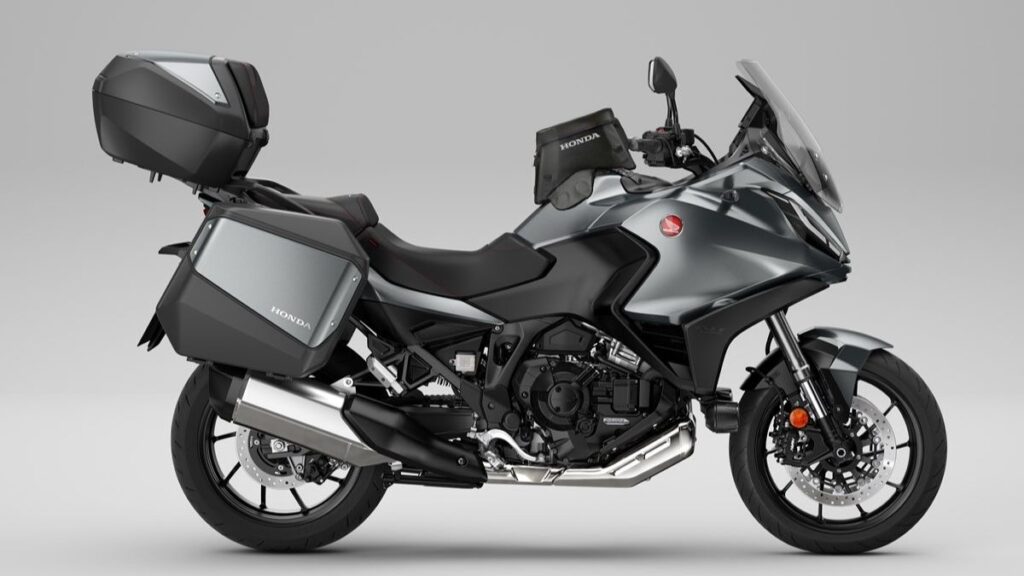
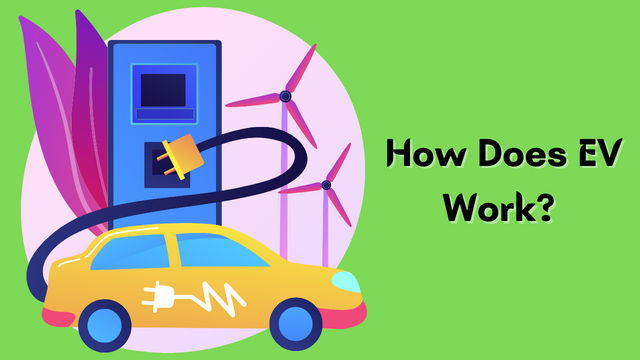
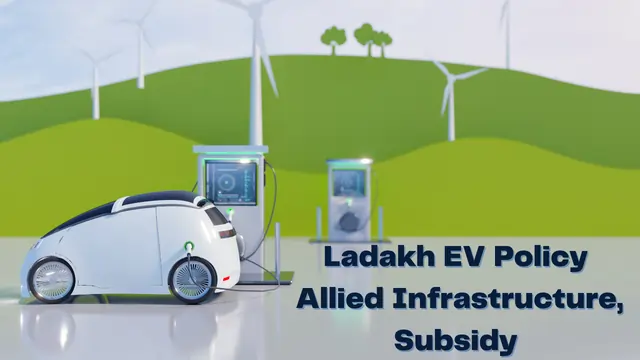
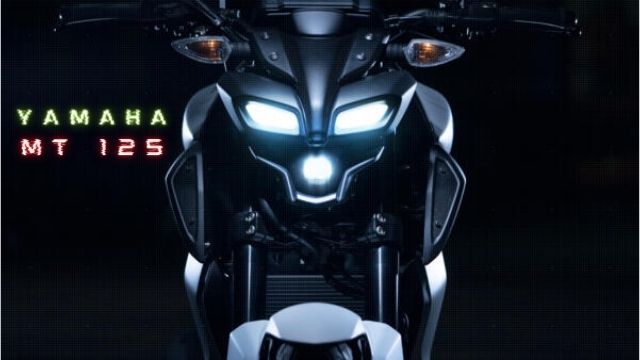


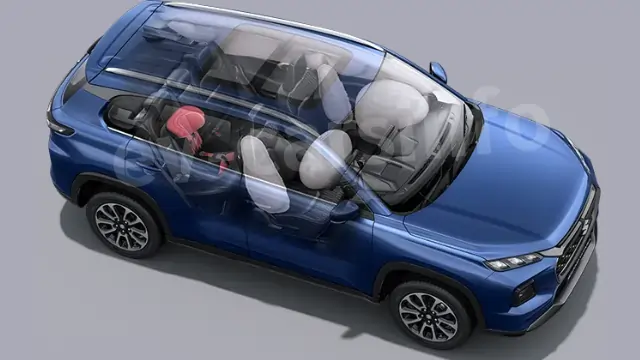
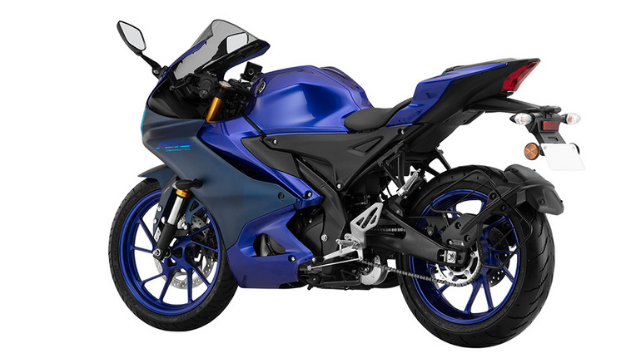
Leave a Review